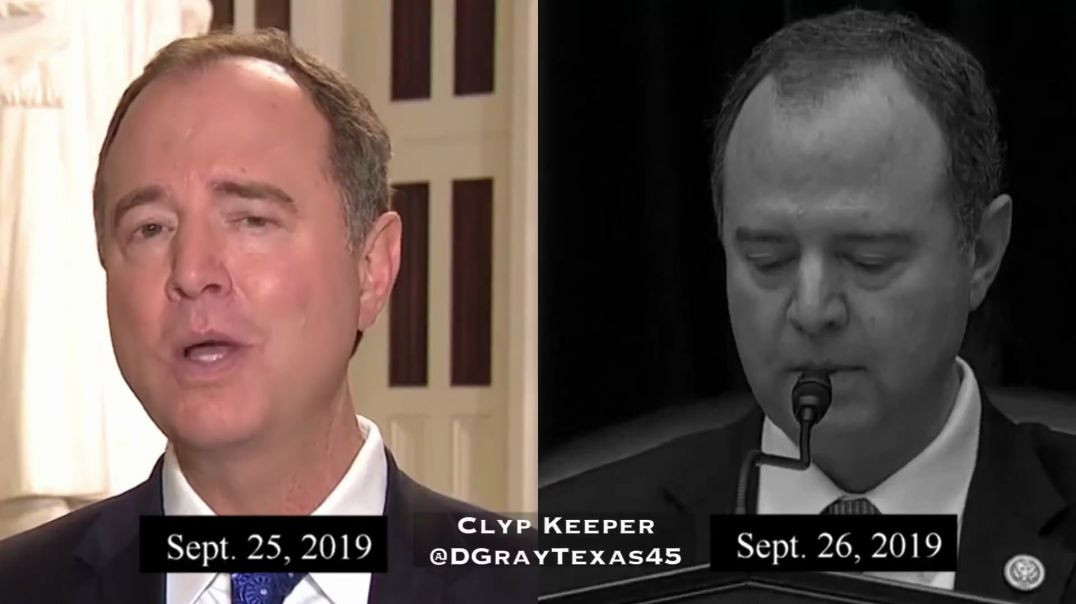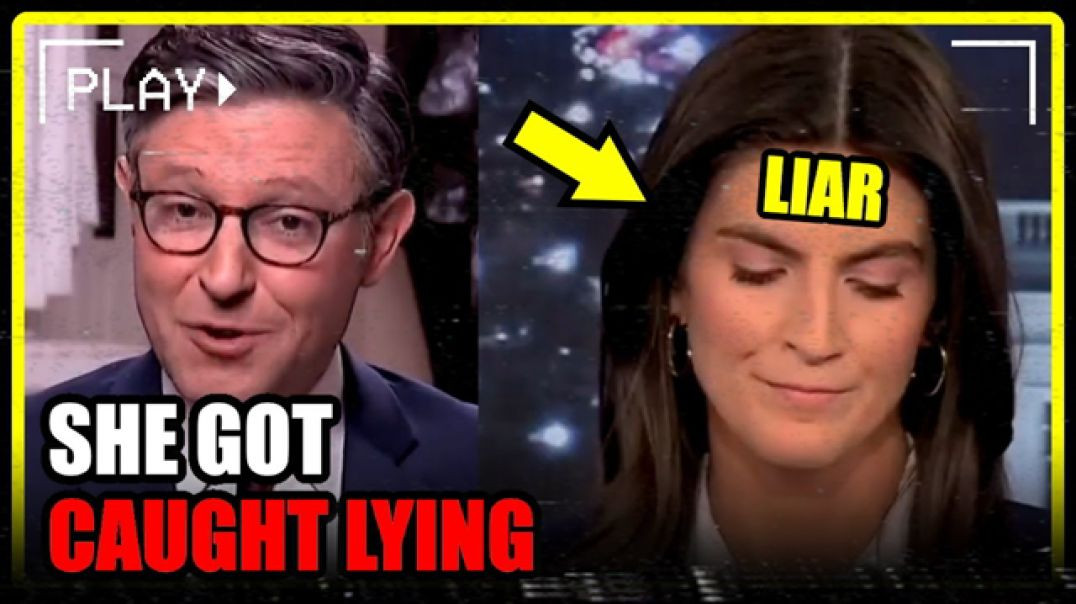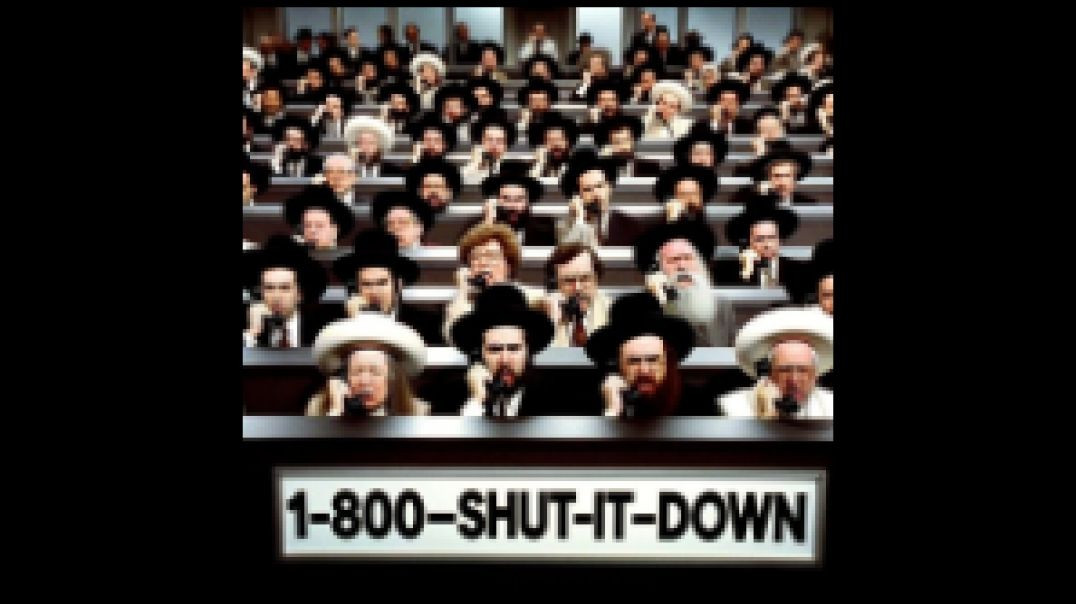Live streaming on Altcast.TV is now available!
THE WADDLER WILL NOT TAKE ANTISEMITISMS LYING DOWN ₪ GOYIMZES [#brownout 💩]
TRIGGERED: Rep. Jerry Nadler wildly lashes out and calls criticism of George Soros “antisemitic” at the House Judiciary GOP's hearing on violent crime.
Newsflash: not every criticism of George Soros is antisemitic.
The criticisms deal with public policy and the matters of rising crime with Soros-backed District Attorneys.
Source: https://gab.com/RepMattGaetz/p....osts/112378064234571
Thumbnail: https://newrepublic.com/post/1....81250/jerry-nadler-o
It’s always worth taking note when a legislator casts an unexpected vote. So it caught my eye Wednesday morning as I was scanning the House roll-call vote on H.R. 6090, the Antisemitism Awareness Act.
It passed by a wide margin, 320–91; 187 Republicans and 133 Democrats voted for it, and 21 Republicans and 70 Democrats against. I scrolled down to look at the “no”s, because votes like this one—which right and left approach, let us say, from different moral universes—always offer an amusing coalition of the unwilling. GOP “no”s included hard-rightists like Lauren Boebert, Paul Gosar, Matt Gaetz, and Marjorie Taylor Greene. Democratic “no”s mostly all came from the Progressive Caucus, even the progressive wing of the Progressive Caucus—Alexandria Ocasio-Cortez, Cori Bush, Rashida Tlaib, and more.
Then a surprising name caught my eye: Jerry Nadler of Manhattan. And another: Jan Schakowsky of Evanston, Illinois. These are both liberal Democrats, of course. But they’re also both Jewish, and they represent heavily Jewish districts. This was interesting.
Thursday, I spoke with Nadler about his vote. I should say that I’ve known and respected Jerry for many years. We met (can it be?) in 1987, when I was a young reporter covering New York politics. Before I get to the matter at hand, a quick story from those days that made me realize that Nadler was willing to take unpopular positions.
There were neighborhood political clubs in those days in Manhattan (they still exist, but their heyday was long ago). In Greenwich Village, there were two clubs: an older and more established one that opposed Mayor Ed Koch, very unpopular by the late 1980s among progressives, and a newer, pro-Koch club. An issue arose at some county Democratic meeting I was covering, I don’t even remember what it was exactly, but I do recall that Nadler, then a state assemblyman, rose to speak in defense of the pro-Koch club’s First Amendment rights. He was booed. I was no Koch fan then, but I thought it was kind of a gutsy thing to do.
Flash-forward. Why did a Jewish congressman from the most famous Jewish district in America (the Upper West Side) oppose an antisemitism resolution? “It’s violative of free speech,” Nadler told me, “and it’s totally unnecessary.”
H.R. 6090 would require the Department of Education’s Office of Civil Rights to use the definition of antisemitism adopted by the International Holocaust Remembrance Association in 2016 when investigating complaints of bias at institutions that receive federal funds. That means college campuses (even private universities like Columbia receive federal grants and so on).
The IHRA definition, debated for years, has been adopted by around 20 countries, including the U.K., Canada, Germany, and more. Its definition is mostly nonproblematic, but to Nadler, one aspect of it threatened to squelch free speech on campuses. “You could read it as saying that criticism of Israel is antisemitic,” he said.
And this is where we get to the question of the Republicans’ motivation in introducing this bill. The IHRA definition is not without controversy, precisely because of some language about criticism of Israel that many consider blurry. Two other definitions of antisemitism have been promulgated—the Jerusalem Declaration on Antisemitism and the Nexus Document. Choosing to rely solely on one of the three definitions struck some critics as concerning. Even the author of the IHRA definition, Kenneth Stern, has become a sharp critic of using it with respect to speech on college campuses, and Nadler told me that Stern opposed this bill.
But: The IHRA definition did have a notable champion in the United States: Donald Trump. As president in 2019, he signed an executive order to protect Jewish students under the Civil Rights Act, using the IHRA definition. Sounds good and uncontroversial, but numerous critics, including progressive Jewish groups, worried about its potential chilling effect on campuses. Stern, writing in The Guardian, argued that his definition “was created primarily so that European data collectors could know what to include and exclude.… It was never intended to be a campus hate speech code, but that’s what Donald Trump’s executive order accomplished this week.”
Read the rest at the thumbnail URL








![ALL YOU GOYIMZES ARE THE SAME ₪ [PROVING THE PON FARR THEORY] 🎙 RICK HESKEY](https://s3.us-central-1.wasabisys.com/altcast1/upload/photos/2025/06/4ZdZ4nAcBBWHGQ2BHiFe_23_9760b15f81de45bfa109afb16e4f33bd_image.png)


!['IT'Z GUNNA BE ANUDDAH SHOAH, GOYIMZES!' 🕍🐀[TUNNEL RAT FLIPS OUT ON OG JIM RIZOLI]](https://s3.us-central-1.wasabisys.com/altcast1/upload/photos/2025/04/5FKuGbjNLF4Mdshu31JU_05_33eb98b6a14aacb3565cb23260d70265_image.jpg)





![BARRY SOETERO [BATHHOUSE BARRY] ☭ EXPOSED AS A LYING COMMUNIST FRAUD BY JUDGE JOE BROWN](https://s3.us-central-1.wasabisys.com/altcast1/upload/photos/2024/10/1Ntep7WJIQ4pixILLPqh_12_8fa3f55ffa82c49410ac76b868e4eddb_image.png)



